Nakivale refugees rebuilding their lives through economic inclusion
Nov 28, 2016
Many of the refugees living in Nakivale Settlement are doing their best to become self-reliant.
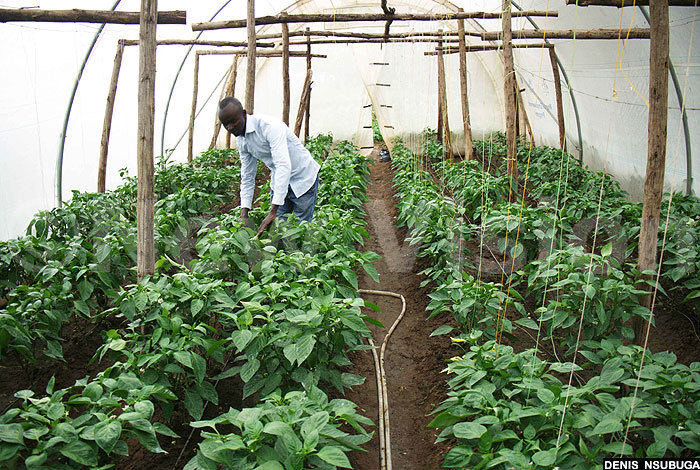
Inside the sprawling Nakivale refugee settlement, Sosthenes Mwati Kitoga tends to his small plot of land on which he grows maize, beans, eggplants and other vegetables.
This is how the 52-year-old provides for his family. From this piece of land, he gets food for his family and also spares some for sale to local markets.
Small-scale farming is just one of the activities that allow refugees in this camp, found in Isingiro district in western Uganda, to supplement their monthly rations, contribute to the economy of this settlement, and ultimately rebuild their lives and dignity after trauma.
The story of how Mwati ended up here is like those of over 100,000 people living in Nakivale. The good news, however, is how many like Mwati are rebuilding their lives through economic means.
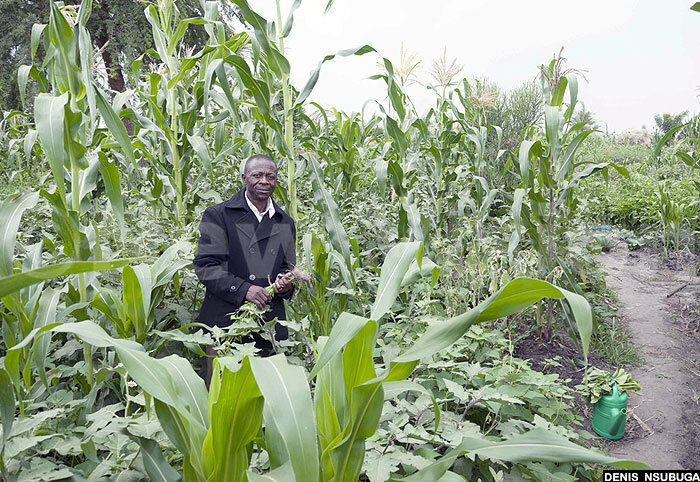
Mwati tending to his garden in Nakivale Refugee Settlement
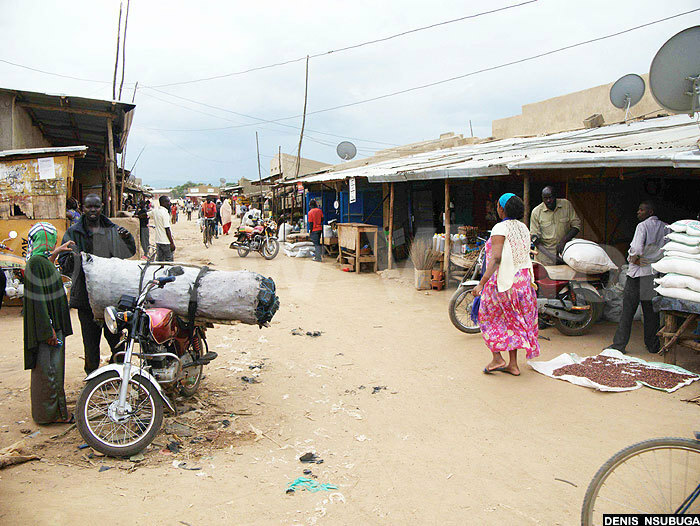
You will be sure to find busy streets in Nakivale, like this one
Born in neighbouring Democratic Republic of Congo, Mwati spent most of his life there. He was a social worker, a job that helped him provide for his wife and six children. But the conflicts that have plagued the eastern part of his country since the 1990s forced him and his family to flee to Uganda.
He crossed the Uganda-Congo border in May 2013, and subsequently got refugee status on May 23 the same year and resettled in Nakivale. He is one of 3,362 Congolese refugees in the settlement and 205,930 total number of registered and active Congolese refugees and asylum-seekers in Uganda (as of June 14, 2016).
Like other refugees, Mwati and his family depend on food rations from humanitarian agencies, such as the UN refugee organization UNHCR.
Previously, Mwati would get 12kg of maize flour and 6kg of beans per month. But that was not enough to feed his family. Besides, he also dreamt of being independent again and was determined to change his situation.
In October 2013, the Office of the Prime Minister (OPM), which is among other things in charge of refugee issues, gave Mwati land for cultivation measuring 10x60 metres. This land allocation is part of Ugandan policy.
Three years on, after growing various crops, including scerelia, amaranths, spinards and marrows, the venture has not only brought food to Mwati's family's table but also generated income to allow his family to engage in other activities to boost their livelihood.
He has since bought himself a bicycle which helps him to transport his crops, plus two sewing machines for his wife to operate a tailoring business.
Today, Mwati can arguably be labelled as a self-reliant refugee.
"My family does not have to wait for the aid to survive," he said. "Although not as perfect as I want to be, but at least we can get the basic needs. I am also able to provide scholastic materials for all my children. Two are in secondary [school], other younger ones are in primary school."
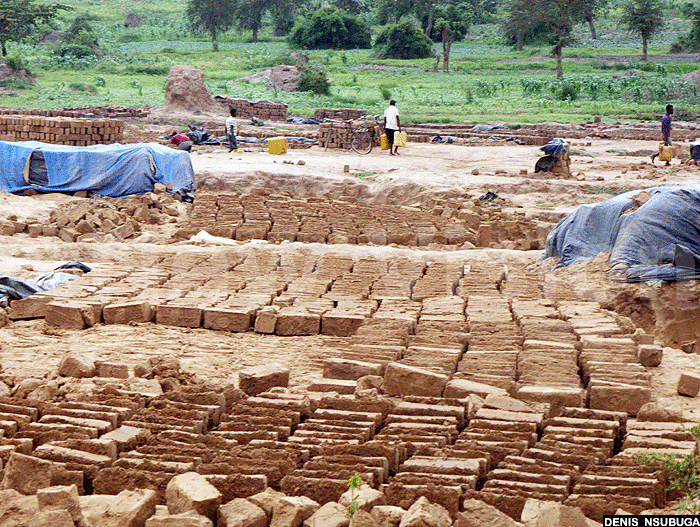
Bricklaying is one the activities people in Nakivale engage in
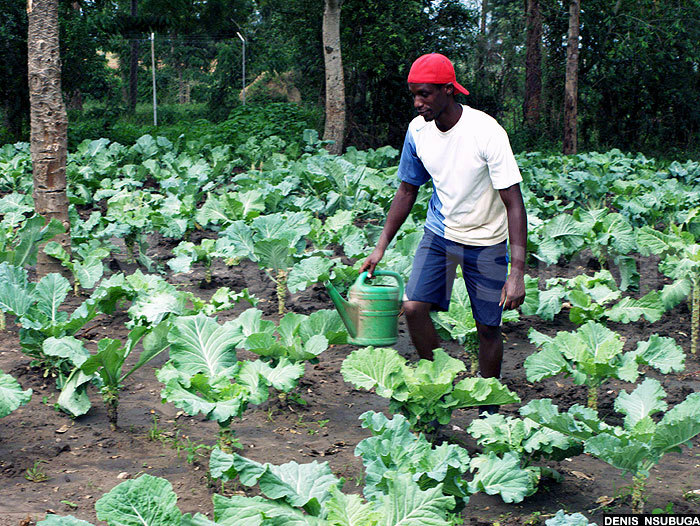
Many occupants of the settlement are trying to be self-reliant so as not to depend solely on food relief
Meanwhile, Gerad Abdinasir, a Somali refugee, has also found a way to improve his economic situation.
He came to the camp nine years ago, part of the first group of Somali refugees to come to the settlement. Abdinasir, who owns a shop selling snacks and home utensils, says there is tremendous change in terms of business activity from the time he came and now.
"Then, people depended much on the humanitarian aid thus it was difficult to do business," he says. "Today, many people are engaged in the economics of the community. We even trade amongst ourselves. Somalis, for instance, buy from Congolese and vice versa."
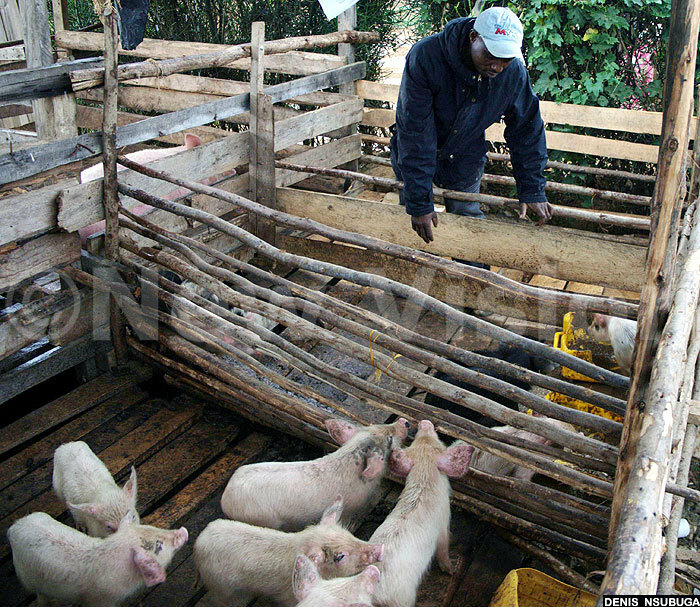
While some have opted for, say, piggery . . .
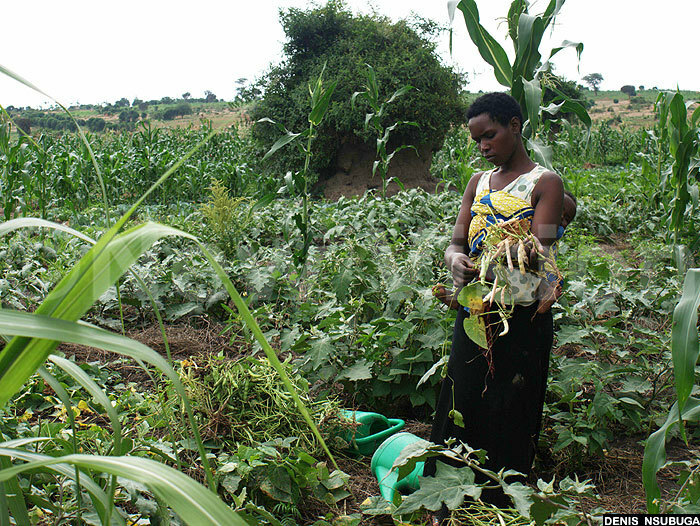
. . . others, like this lady, have gone for crops like beans, maize, et cetera
Mwati and Abdinasir are just a few of the refugees engaged in the economic activities in Nakivale, which can help them re-establish their lives after the trauma many have experienced. Refugees in Uganda, Abdinasir affirms, are allowed to run businesses in the settlements and even other cities in the country "unlike in many other countries, such as Kenya".
"After fleeing war or persecution, the opportunity to work and earn a living is one of the most effective ways people can rebuild their lives in dignity and peace," says UNHCR.
UNHCR's belief is evidenced by the life in Nakivale. There is visible people's engagement in the economic circle. This effort, therefore, slowly rebuilds lives, for example like Abdinasir said: "I found a home away from home."
People engage in various economic sectors, among others, agribusiness, trade and service, either as businessmen or wage earners. Agribusiness activities include apiary, poultry, piggery and aqua-culture. Micro-enterprises range from retail shops, saloons, restaurants, tailoring, carpentry, bakery to mechanics.
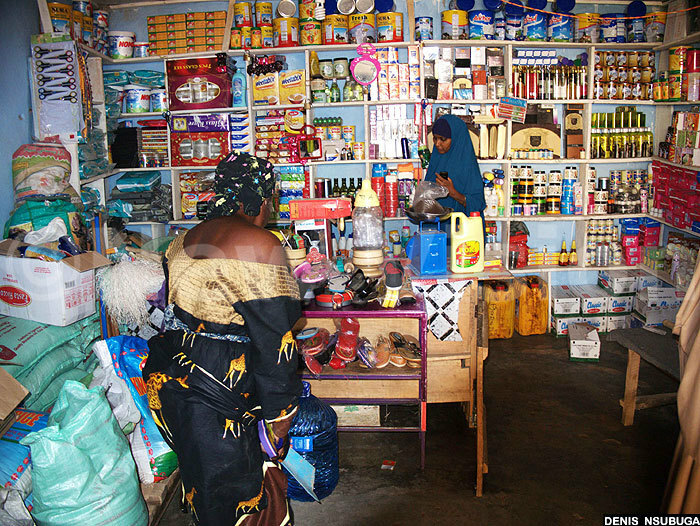
Support
Article 18 of the 1951 Convention relating to the status of refugees - an Instrument of international refugee law - provides that the contracting states (the host country of the refugee) shall accord to a refugee lawfully in their territory treatment as favourable as possible and, in any event, not less favourable than that accorded to aliens generally in the same circumstances, as regards the right to engage on his own account in agriculture, industry, handicrafts and commerce and to establish commercial and industrial companies.
In the same regard, some NGOs, working as implementing partners for UNHCR, provide technical support to people in chosen economic ventures with a purpose of increasing incomes and job creation to ensure refugees are self-reliant.
Nsamizi Institute and America Refugee Committee are the key players in socio-economic empowerment of individuals living in Nakivale. Nakivale harbours tens of thousands of refugees from over eight countries.
According to a livelihood specialist, who preferred anonymity citing job protocol, there are no major surveys that have been undertaken to measure impact but cursory studies indicate that there have been strides in making refugees self-reliant and trade activities between refugees and host communities have greatly boosted these local economies.
There is great trade between refugees and host communities. John Elifazi, 43, a Burundian refugee who is a carpenter, buys his raw materials - timber - from Kajano, out of the settlement.
These organisations also provide training, coaching and mentoring in various enterprises, providing them with starter kits as well as facilitating access to credit.
Access to credit is facilitated through building capacity for community credit structures like Village Savings and Loan Associations (VSLAs) and Savings and Credit Organizations (SACCOs). These SACCOs are being capitalized to provide accessible credit to refugees who may want to undertake any businesses within the money's reach.
One such is Moral Brotherhood and Neighbourhood (MOBAN) SACCO (pictured below), started by refugees eight years ago and is the biggest SACCO in Nakivale.
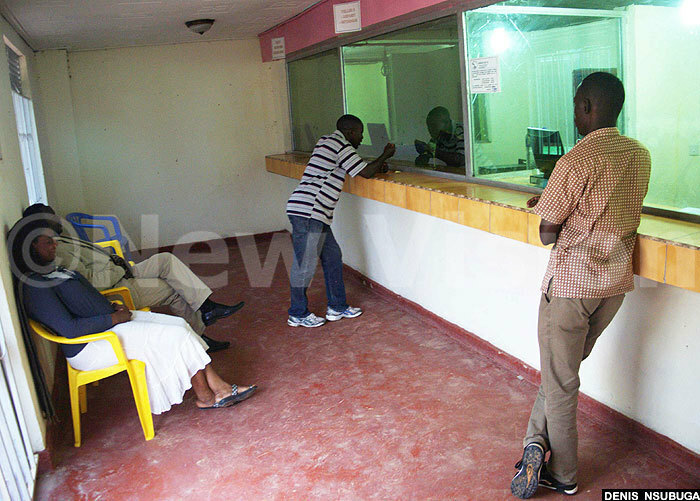
MOBAN SACCO manager Desire Mbwire says they have 912 members today.
Asked if all refugees are engaged to ensure full livelihood empowerment, a livelihood official at Nsamizi Training Institute of Social Development, asserts that people who are interested in accessing the support given always find it because there are offices and field officers to inquire from and rest assured that no-one will come seeking support and is turned away.
"Communication is always passed on to the masses through several channels like village meetings, sensitizations and through their leaders," says the official who asked not to be named.
